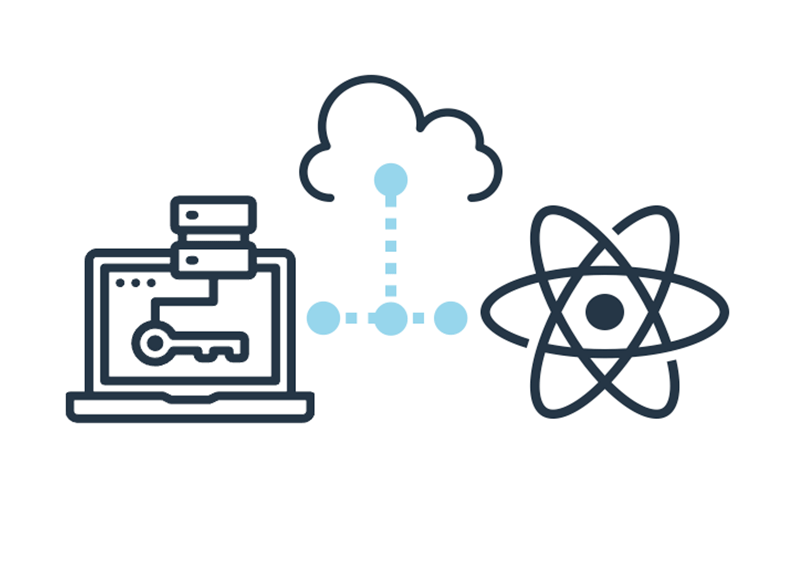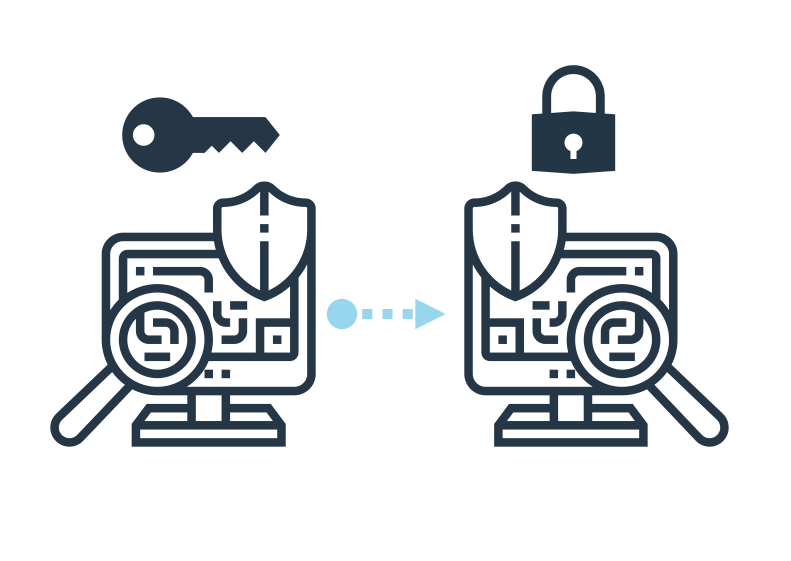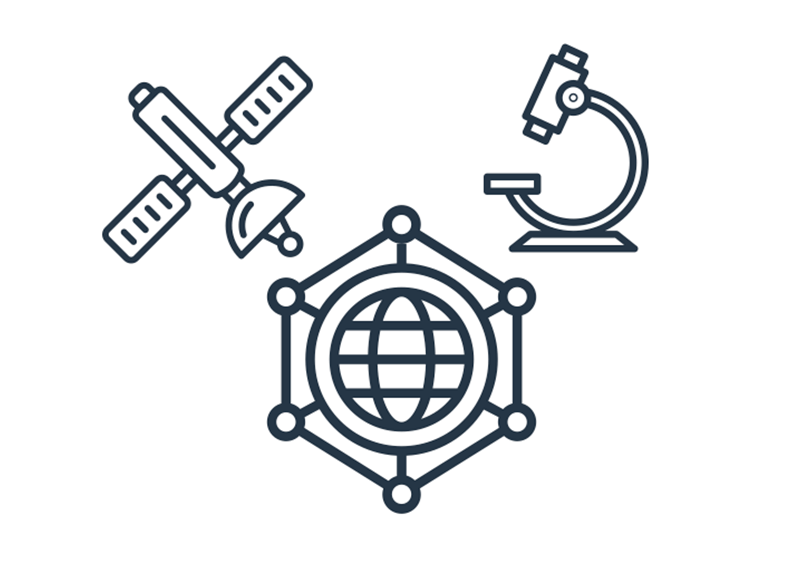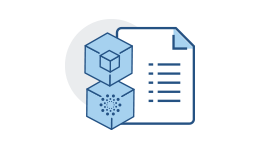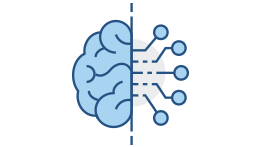Novel computers, next-generation sensors, and future communication systems that exploit quantum properties could enable new solutions to industry-defining challenges. Better simulations of extreme weather caused by climate change, new computational design techniques for pharmaceuticals, new materials for increasing the efficiency of solar cells and batteries, and optimization techniques for complex supply chains are just some of the possibilities for quantum technologies.
Quantum Information Science and Technology (QIST) is the study and use of quantum mechanics to advance technology beyond what is currently possible. Rather than being a silver bullet solution in every scenario, the fields of QIST represent technological advances well-suited to solving specific problems. We expect advantages in several areas, including searching vast parameter spaces and comparing innumerably many options, expressing and describing quantum effects that classical technology can only approximate, and measuring and modeling extremely subtle changes in real-world operating environments. Simultaneously, we are aware of the massive changes to cyber-infrastructure necessary to properly prepare for quantum computers’ impact on current network security.


